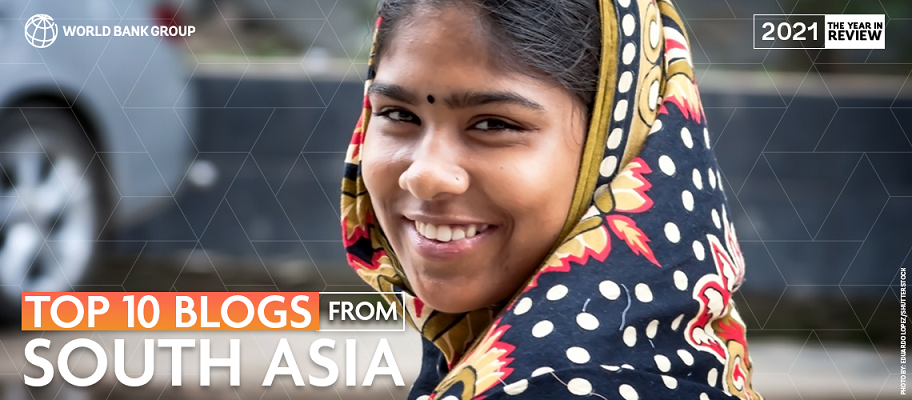 A smiling woman in South Asia
A smiling woman in South Asia
From plastic pollution to remittance flows, climate change to digital technology, human capital to road safety, the End Poverty in South Asia blogs have covered a wide range of development priorities from the region.
We look back at the past year and highlight some of the most popular blogs from 2021.
1. 6 reasons to blame plastic pollution for climate change
What is the link between plastics and natural disasters including hurricanes, melting glaciers and heat waves that are hitting us with greater frequency? Climate change. However, the contribution of plastic waste to climate change is often less known or worse, disregarded.
Nina Tsydenova and Pawan Patil from our Environment team write about why the impacts of mismanaged plastic waste on the climate, as well as on livelihoods and ecosystems, are an urgent development challenge. This blog is a part of our campaign Turning the Tide on Marine Plastics Pollution in South Asia.
2. How valuable is connectivity? In Bangladesh and India, transport links could boost income significantly
South Asia lags the rest of the world in regional trade integration and transport links, maintaining high tariffs, trade barriers, and other border restrictions. Improving cross-border transport links would bring benefits that would ripple throughout the economy, boosting incomes across countries.
Fortunately, the foundation exists to build better transport connectivity among several countries in the region. Cecile Fruman, Matias Herrera Dappe and Charles Kunaka discuss how these improvements would translate into better lives – and more money – for most people on both sides of the border.
3. Bangladeshi women are rising-onwards and upwards!
Mercy Tembon, World Bank Country Director for Bangladesh and Bhutan, reflects on the impressive outcomes on gender equality that Bangladesh has achieved in the past 50 years since its independence, the challenges women continue to face, and the path towards gender equality and economic empowerment.
4. Farmers learn climate adaptation in ‘open sky’ schools in India
The state of Maharashtra in India is home to over 15 million farmers, but climate change has impacted agricultural productivity in several of its drought prone districts. A new World Bank project is encouraging farmers to adopt climate resilient agriculture practices and helping small and marginal farmers increase their income in a sustainable manner.
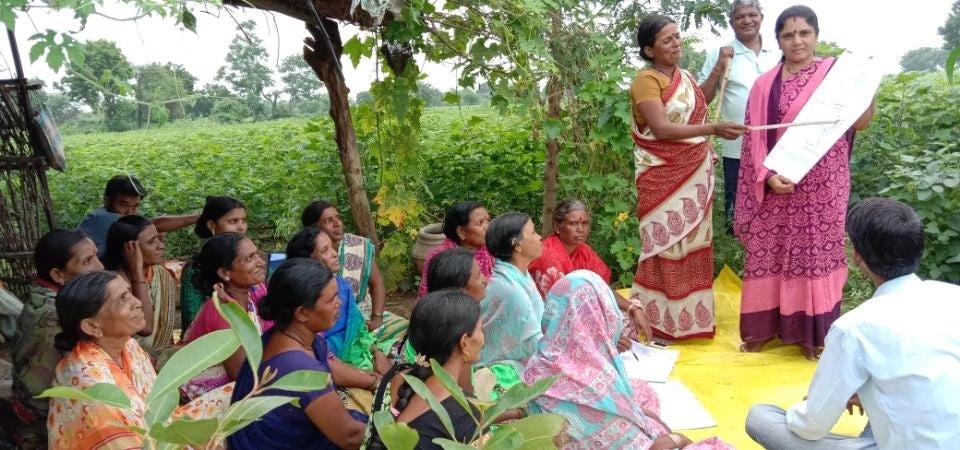
Ranjan Samantaray, Senior Agriculture Specialist writes about ‘open-sky’ schools, where farmers learn how to improve productivity. A win-win for both farmer prosperity and environmental sustainability.
5. A Vision of a Digital Maldives: Supporting Diversification, Decentralization, and Decarbonization
This joint blog by the Minister of Economic Development Fayyaz Ismail, Minister of Environment, Climate Change and Technology Aminath Shauna and World Bank Vice President for South Asia Hartwig Schafer highlights how Maldives can enable already-existing pockets of innovation and invest in digital infrastructure and skills to become an active player in the global digital economy.
6. Nepal’s Journey to Green, Resilient, and Inclusive Development
Investing in people and systems is critical for post-disaster recovery. The impressive post-earthquake reconstruction initiative in Nepal exemplifies this. As Nepal adopts the GRID approach and moves towards strengthening the resilience of its people to shocks including COVID-19 and climate, lessons from the earthquake recovery process will be valuable.
World Bank Country Director for Maldives, Nepal and Sri Lanka Faris Hadad-Zervos and Regional Director for South Asia Sustainable Development John Roome talk about how investing in climate & disaster resilience, inclusion & leadership will be key to achieving green, resilient & inclusive development in Nepal.
7. COVID-19 spurs big changes in Pakistan’s education
Has COVID-19 ushered in a new era for how Pakistan delivers education? As schools closed nationwide during pandemic lockdowns and dropouts increased, distance learning programs and open educational platforms like the TeleSchool initiative enabled students to continue learning.
But much more needs to be done to make sure that these mediums have a broader impact on learning. Neelam Ejaz, Neha Ravail Khaliq and Yahya Bajwa illustrate how the growing EdTech sector can sustain learning during the pandemic and the groundbreaking potential to improve education access post-pandemic.
8. The climb ahead: Making the case for human capital investments in Sri Lanka
During the pandemic, we heard many stories of commitment, resilience, and perseverance of the people of Sri Lanka – from students perched on tree branches for better internet connectivity to health workers trekking through forests to deliver vaccines. These real-world responses speak volumes about the power of human capital.
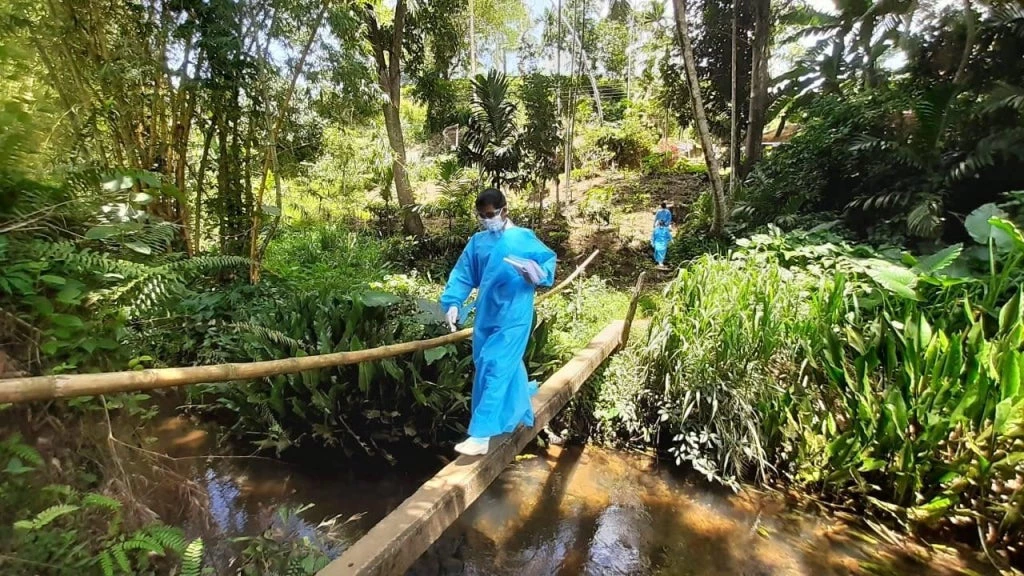
Sri Lanka’s investments in health and education have yielded incredible results. But the country is facing new challenges – an aging population, learning losses, low rate of female labor force participation. Hartwig Schafer, World Bank Vice President for South Asia, writes why forward thinking, focused, and inclusive investments in human capital are sorely needed to support the path to recovery in Sri Lanka.
9. Six reasons why remittances soared in South Asia during COVID-19
Remittance flows are a major source of income for all South Asian countries, larger than all other capital inflows combined. While remittances dropped around the world during COVID-19, they seem to have increased in South Asia.
Valerie Mercer-Blackman and Yi (Claire) Li from the South Asia Office of the Chief Economist explain the factors behind the large increase in remittances and also suggest opportunities for policy interventions that can help reap the economic benefits of migrant work.
10. Road safety: How a state in India is leading the way to lower road crash deaths
Until recently, Tamil Nadu was one of the worst-ranked states in India for road crashes and fatalities. But in less than five years, the state has reduced road crash fatalities by over 25 percent. Tamil Nadu’s early successes show that data-driven evidence-based road safety interventions when applied well are likely to produce the desired results.
James Markland, Dipan Bose and Dominic S. Haazen from our transport and health teams write about the important lessons to be learned by other states and countries from Tamil Nadu’s successful experience in improving road safety. This blog is a part of our campaign Together for Road Safety in South Asia.
What topics would you like to read more about? Let us know in the comments below!

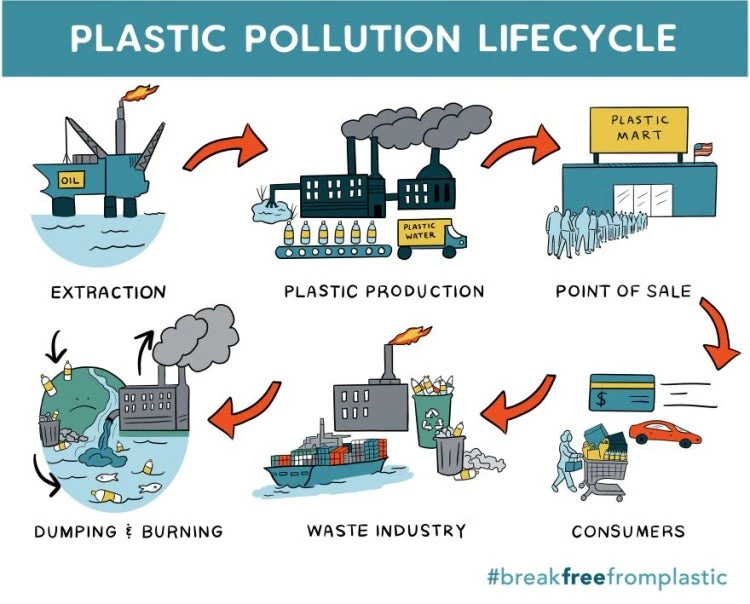
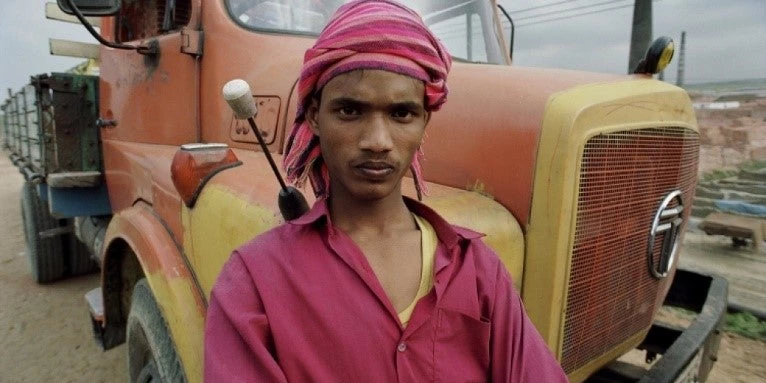
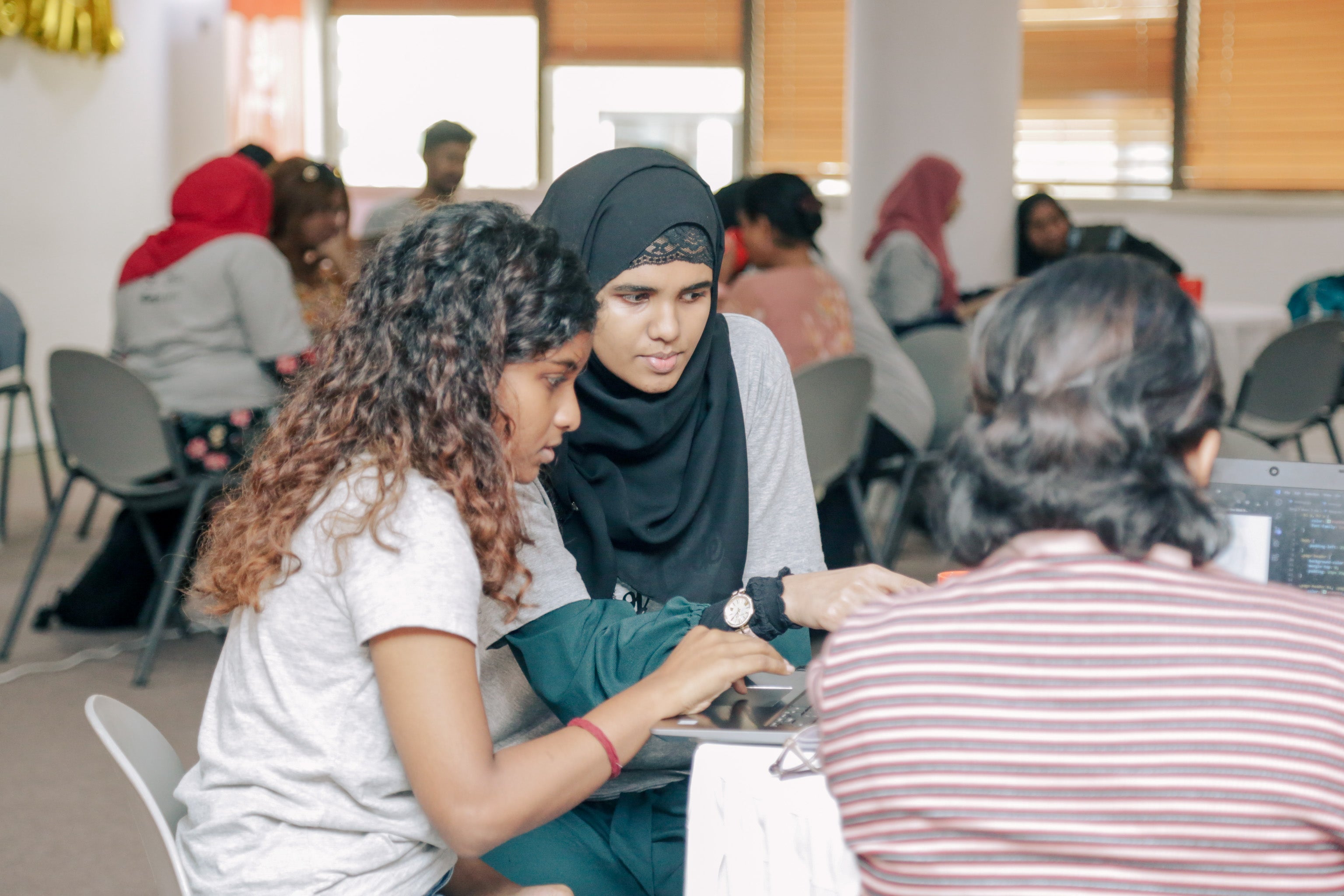
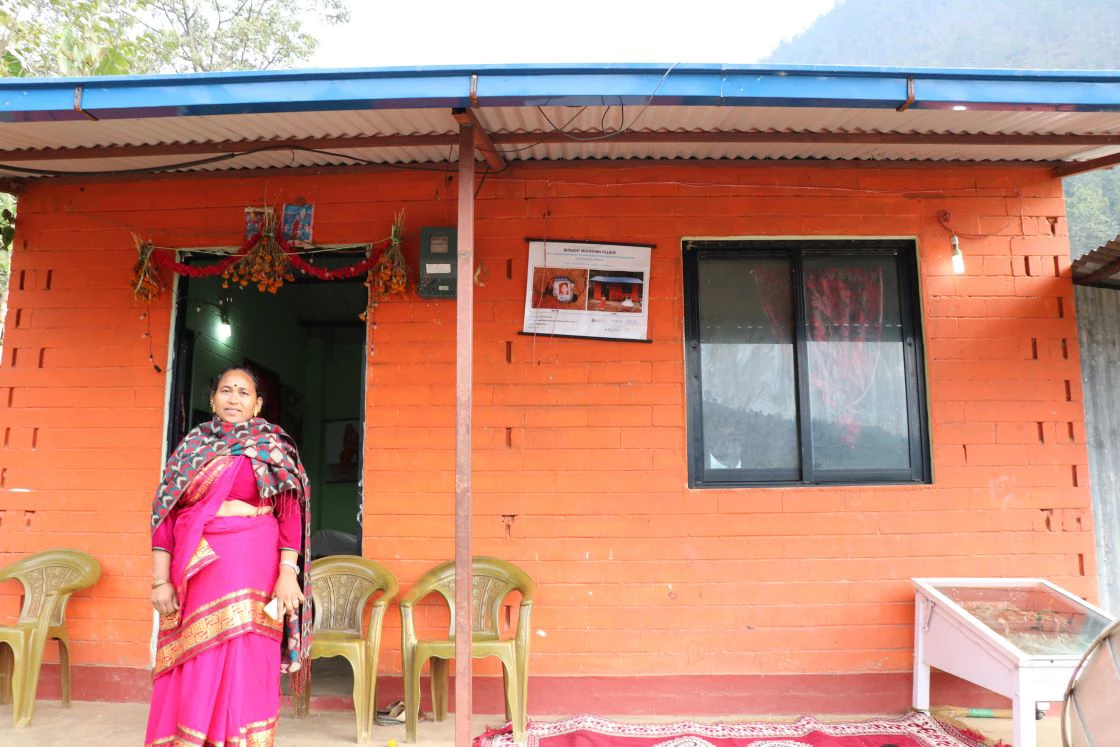


Join the Conversation